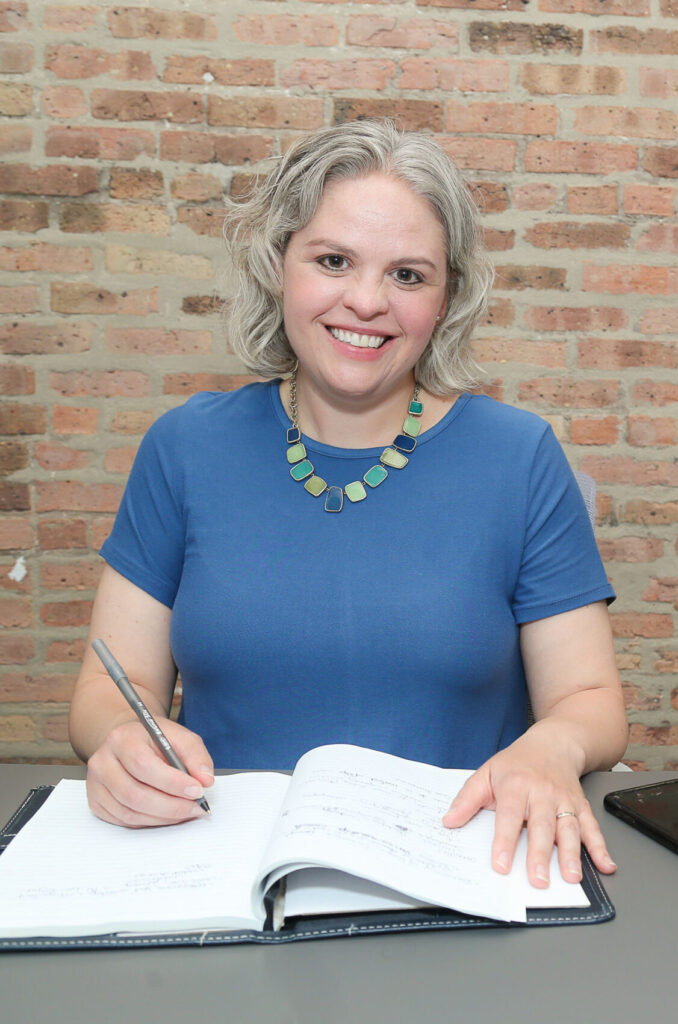
I have a strong, but unusual opinion on the health and wellness industry. If you ever read any of my prior writing, you know I was born with a rare metabolic disease. I write frequently about it. What makes metabolic disease especially interesting is the fact that this cohort of conditions are most often treated with extremely restrictive diets that are difficult to maintain and counter to social norms. Imagine the strictness of a body building diet, but for a lifetime, and with severe health consequences if not followed.
My dietary restriction was protein. My prescription diet required me to limit myself to 7g of protein a day, every day of my life. The most simplistic explanation is: I was never able to eat any meat, poultry, eggs, fish, legumes, beans, seeds, nuts, dairy, soy, and I had to avoid most grains. Food restrictions for the sake of health were my life. I never received basic nutrition guidance, because it was not relevant. My medical team was most concerned about my brain health. Traditional healthy choices were off-limits for me.
I grew up weighing and measuring every bite of food I ate. When I could count numbers, my mom gave me a chart to use to add up every gram of protein I ate. I filled in a square with a marker whenever I ate something. When I hit the line at the top of my chart, I had to stop eating for the day. Food needed to be properly allocated between meals.
I was an active kid. I received the popular 1980s workout kit called ‘Get in Shape, Girl!” just before I turned eight years old. I loved it. Since the time mass marketing introduced me to aerobics as a child, I don’t recall a time when fitness wasn’t part of my life. I was not very coordinated, but the small private middle school I attended didn’t cut anyone from the volleyball or basketball team as long as the person showed up to practice. I ran track and cross country in high school. After I graduated high school, I never played formal sports again. But I did continue to exercise as much as I could. I ran marathons and weight lifted and worked very hard to stay active and athletic.
It wasn’t until I was much older and the medical community learned more about my condition that I understood my obsession with fitness was partly due to the fact that exercise is probably the only real non-medical intervention for the excess protein that would build up in my bloodstream when I wasn’t absolutely perfect with my medical diet.
It would also be dishonest to say my fitness motivations were never out of vanity. I wanted to be small and fit, and to be treated better. My clothing size usually hovered between a 6 and 8. Thin privilege is real. I realized how real after I whittled myself down to a size 2/4 after a bad breakup in college.
During my teens and twenties I repeatedly abandoned my medical treatment in hopes of losing a few more pounds, until I felt too terrible to mentally function. Once this happened, I would restrict my eating to medically appropriate foods and gain all the weight back. The topic of phenylketonuria (the name of my condition) has been extensively researched and published in the medical community. But in 2022, researchers will be launching the first ever study of disordered eating in this patient population. The research is long overdue.
Proper nutrition on a metabolic diet is incredibly expensive. Metabolic diets are so restrictive they cannot be adequately maintained on store-bought foods. However, medical nutrition is currently not covered by insurance. My diet was expensive. Organic foods and health products feel inexpensive in comparison.
Advocates are working hard to pass the Medical Nutrition Equity Act — please take a moment to read patient stories here. A loaf of medically modified bread or box of pasta is approximately 10x the cost of a non-medical comparison from the grocery store.
Despite my fitness levels, I always carried a few extra pounds. Although I drank a medically modified prescription protein substitute, my diet was mostly simple carbohydrates. Simple carbs have the least amount of protein.
It wasn’t until I started studying basic nutrition in my early thirties that I realized too much sugar in my diet was likely the cause of my extra weight despite my workout obsession.
I have spent a lifetime chasing what the health & fitness industry views as conditions for success — restrictive eating, extreme exercise, and expensive health foods — all for medical reasons. When I shared my story with a diversity consultant, her response was a simple but profound exclamation: “Wow, you are afflicted by privilege!”
In my thirties, I began to struggle more with impacts of my chronic condition. I wholeheartedly pursued the health and wellness industry to find an undiscovered solution. Maybe if I ate more whole and real foods that fit my medical prescription, maybe if worked out just a little more, maybe if I cut out sugar, or found the right supplement…maybe if, maybe if, maybe if…I just worked hard enough I would feel well.
I was misunderstood a lot, but I also misunderstood a lot myself. I have a chronic illness. I can’t chase traditional wellness, but I was trained in the lifestyle choices it markets. I don’t fault the medical professionals and caregivers in my life. I am grateful for them. I always had the best treatment option available to me. I still do. I am now on an enzyme therapy that allows me to eat a Standard American Diet. This has its own challenges.
You need to define wellness. For yourself. No one else can do that for you.
You probably clicked this article because you care about wellness. Today is an era of too much and too little at the same time. Marketers have too much power to dictate wellness in our society. Wellness often comes packaged in commercials, advertisements, and through an endless tsunami of social media images. You are told wellness looks like a small clothing size, energy from a pill or supplement, and the latest skin care cream or make-up product. If you have a chronic condition, your television might lead you to believe wellness is found in a prescription medication that will eliminate all your aches and pains.
You care about health and wellness because it affords opportunity, and sometimes privilege. Wellness is not overrated. As a person with a chronic illness, I have spent a lifetime pursuing it. It has always been elusive, even when I have gotten close to the external markers that society has agreed upon.
Wellness is profitable to the ones who sell it. Be wary of the ones selling it. Health and wellness can’t often be found in another product. There is real merit to the simple foods that grow from the ground and dinners that are cooked at home. Hitting a boxing gym when you are angry or sad, or taking a walk after dinner instead of laying in front of the TV will make a definable difference. Health and wellness are a series of boring decisions, one after the other.
You don’t care about wellness because someone else has tried to sell you something. You care about wellness because you only get one body. Your desire for health and well-being comes from a real place. Wellness and health are intrinsically linked. Health grounds our wellness; it gives it a foundation.
A body that functions properly and moves freely, and a mind clear of anxiety and distress is your most valuable asset. Health and wellness has underlying value.
Health and wellness are counter cultural choices in a demanding society. They take time. Time that not everyone in America has, where wages have stagnated for decades and inflation is rising and the average American works more hours to make ends meet.
Health takes work and commitment in a culture that promises it in a package. Remember that. Wellness will never be a clothing size or a product or a supplement. Decide what it is for you. But it isn’t overrated. Don’t devalue it just because someone has attached a profit motive to it. Divorce your perspective on health and wellness from capitalism.
If you found something in this article helpful, please share this on Twitter or Facebook!

